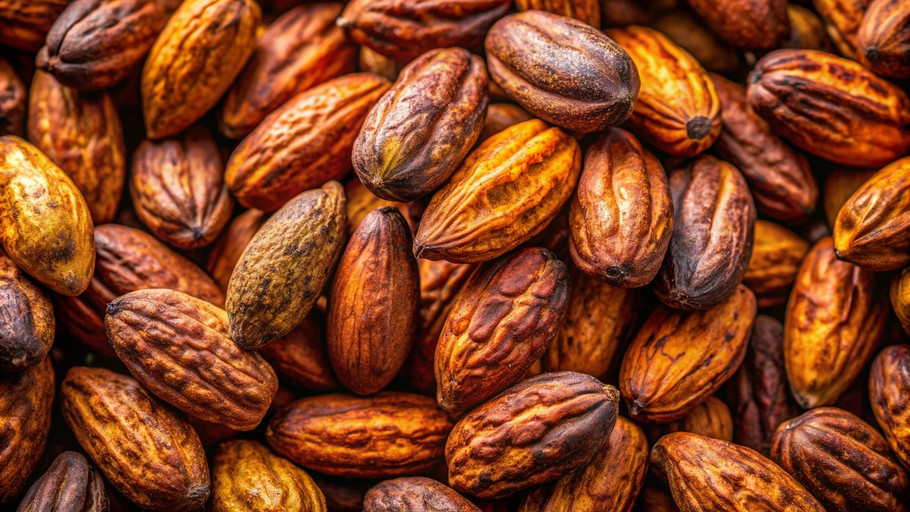
How can cocoa production and export be steered toward certified, traceable, and deforestation-free practices while staying within the fiscal constraints of producing countries? A study conducted jointly by CIRAD, AFD, and Fair Trade France (CEF) explores an innovative approach: adjusting export taxes to reward sustainable supply chains.
In Côte d’Ivoire, the analysis builds on recent regulatory developments including the emergence of the public ARS 1000 standard and on the growing influence of the EU's deforestation-free product requirements. The proposed mechanism grants a fiscal bonus to exporters sourcing certified and traceable cocoa, provided they pay a premium to producer cooperatives. The approach relies on progressive incentives and remains budget-neutral for governments.
Beyond Côte d’Ivoire, this model offers tangible insights for countries across the Congo Basin, where similar challenges are at play: halting deforestation, structuring responsible value chains, and improving farmers’ incomes.
Which fiscal tools can drive sustainability without compromising economic balance? How can national standards, international regulations, and local initiatives be effectively aligned?
The full article (pdf - 191 Ki) offers a range of reflections and practical options for policymakers, technical partners, and rural development actors.
Share: